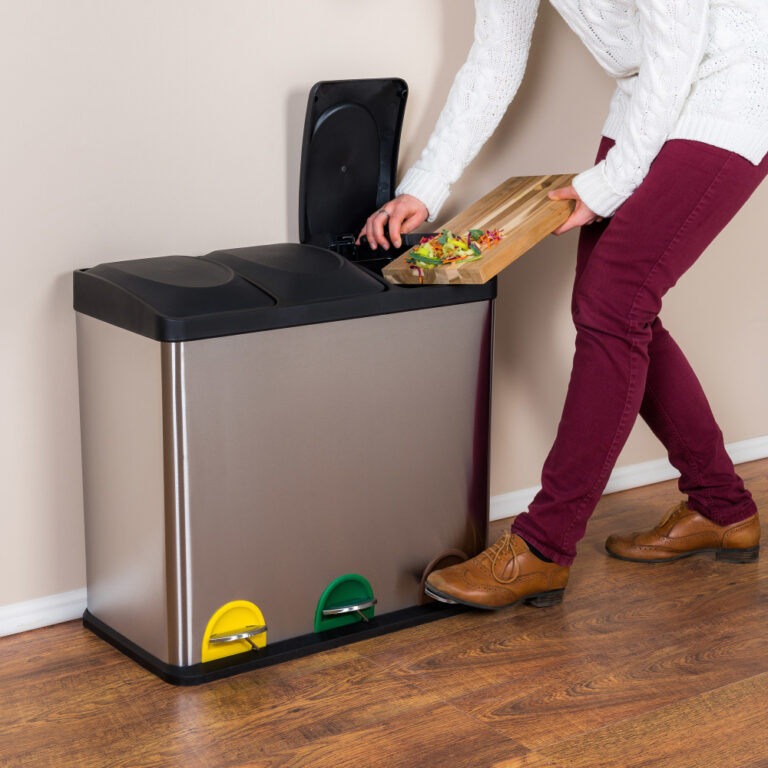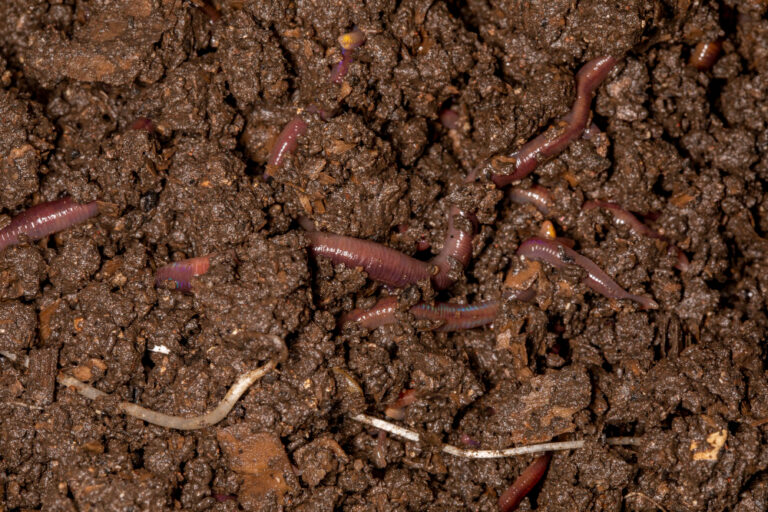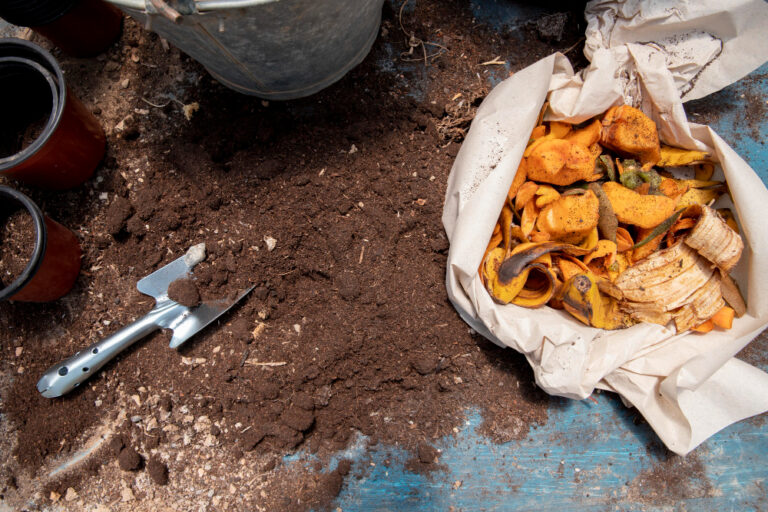
Living in the city doesn’t mean you can’t contribute to sustainable practices like composting. Even in small spaces, you can turn your kitchen scraps into nutrient-rich organic compost that your plants will love. Here’s a simple guide to get you started on making your own compost, right from your urban dwelling.
This post may contain affiliate links which means that, if you choose to make a purchase, I may earn a small commission at no extra cost to you. I will only recommend products that I genuinely believe will add value to you. I greatly appreciate your support!
Why Compost in the City?
Composting reduces the amount of waste you send to landfills while providing you with a natural fertilizer for your plants. It’s eco-friendly, economical, and it helps create a healthier environment in your home. Plus, it’s easier than you might think!
Step-by-Step Guide to Composting in the City:
1. Choose Your Composting Method
There are different methods for urban composting, so choose one that suits your space and lifestyle:
Indoor Compost Bin: Perfect for apartments. You can use small bins with tight lids to prevent odors. Some bins even come with built-in filters to keep things fresh.
Bokashi Composting: A fermentation method that uses a special starter mix (usually wheat bran inoculated with beneficial bacteria) to break down food quickly in a sealed container.
Vermicomposting: Use worms to help break down organic matter. This method is ideal for people with small gardens or balconies.
2. Set Up Your Compost Bin
For an indoor compost bin, you’ll need:
- A bin with a tight lid (you can buy one or repurpose an old container)
- A small drill (to add air holes if your container doesn’t have them)
- A tray to place underneath to catch any excess moisture
3. Layering Your Compost: The Right Mix
Successful composting relies on a good balance of “greens” (nitrogen-rich) and “browns” (carbon-rich).
- Greens: Kitchen scraps like fruit peels, vegetable scraps, coffee grounds, and tea bags.
- Browns: Paper, cardboard, shredded newspaper, and dried leaves.
Here’s how to layer your compost bin:
- Start with a layer of browns (like shredded paper or cardboard).
- Add a layer of greens (kitchen scraps).
- Continue alternating between greens and browns. Aim for a ratio of 2 parts browns to 1 part greens.
4. Maintain Your Compost
For proper decomposition, your compost needs air, moisture, and warmth. Here’s how to manage each:
- Air: Turn or stir your compost once a week to allow oxygen to reach all layers.
- Moisture: Your compost should feel like a wrung-out sponge—not too dry or too wet. If it’s too dry, add a little water. If it’s too wet, add more browns to absorb moisture.
- Temperature: If you’re composting indoors, the ambient temperature will usually be fine. If you’re keeping your bin on a balcony or outdoors, try to shield it from extreme weather.
5. What to Compost and What to Avoid
Compost These Items:
- Fruit and vegetable scraps
- Coffee grounds and tea bags
- Eggshells
- Shredded paper or cardboard
Avoid These:
- Meat, fish, and dairy products (they can smell and attract pests)
- Oily or greasy foods
- Large amounts of citrus (it can make the compost too acidic)
6. Harvest Your Compost
After 3-6 months, your compost should look dark, crumbly, and smell like fresh earth. This is your black gold! You can now:
- Use it to enrich your potting soil
- Top dress your houseplants or balcony garden
- Share with a community garden or plant-loving neighbors
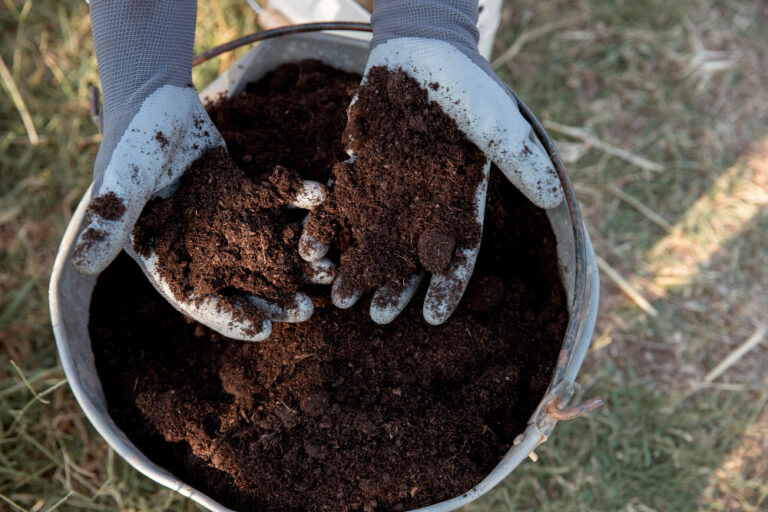
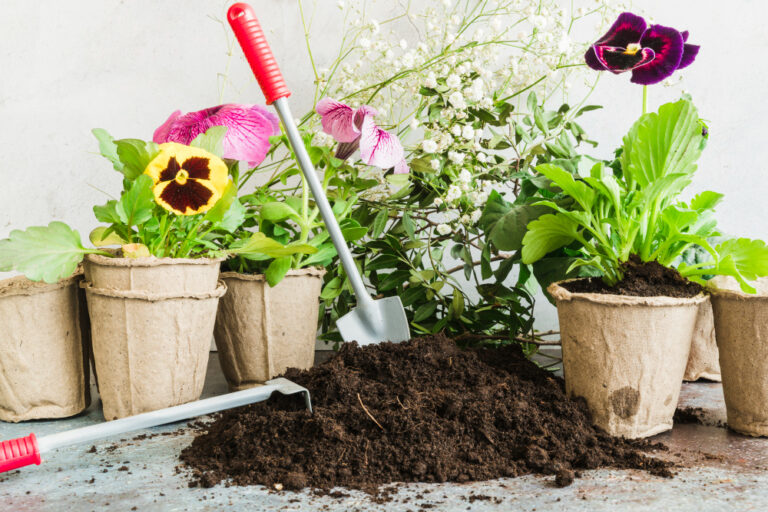
Final Tips for Urban Composting Success:
- Manage Odors: Keep odors at bay by covering fresh food scraps with a layer of browns. You can also sprinkle baking soda to neutralize any smell.
- Be Patient: Composting takes time. Don’t rush the process; nature knows how to break things down at its own pace.
- Get Creative: No garden? No problem! Even if you don’t have outdoor plants, many local urban gardens or farms will gladly take your compost.
Conclusion
City life doesn’t have to limit your ability to live sustainably. With a little space and a lot of creativity, you can transform your kitchen scraps into valuable organic compost. By composting, you’re not only reducing waste but also nurturing your plants in the most eco-friendly way possible.


